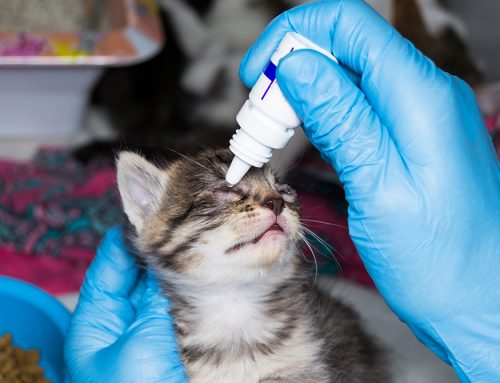What are Tapeworms?
Tapeworms are parasitic worms that can infect both dogs and cats. They are segmented worms that live in the intestines and can grow quite long, often reaching several feet in length. The most common type of tapeworm in pets is the Dipylidium caninum, which is typically transmitted through fleas.
Signs and Symptoms
Pets infected with tapeworms may exhibit the following symptoms:
- Itching or irritation around the anus
- Visible tapeworm segments around the rectum or in the feces. These segments look like small, white, rice-like grains
- Weight loss despite a normal or increased appetite
- Scooting (dragging their bottom on the ground)
Causes and Transmission
Tapeworms are primarily transmitted through fleas. When a pet ingests a flea carrying tapeworm larvae, the tapeworms develop in the intestines. They can also be transmitted through the ingestion of contaminated prey, such as rodents.
Diagnosis
To diagnose a tapeworm infection, a veterinarian will typically:
- Examine the pet’s feces and rectum for tapeworm segments
- Perform a fecal examination to identify tapeworm eggs
Treatment
Treatment for tapeworms usually involves:
- Medication: Prescription dewormers specifically designed to target tapeworms are effective. Your veterinarian will determine the appropriate medication and dosage based on your pet’s condition.
- Flea Control: Since fleas are the primary carriers of tapeworm larvae, effective flea control is crucial to prevent reinfection.
Prevention
Preventing tapeworm infections involves:
- Regular flea control: Use flea preventatives recommended by your veterinarian to keep fleas at bay.
- Regular veterinary check-ups: Routine exams can help catch and address any parasitic infections early.
- Keeping your pet’s environment clean: Maintain cleanliness in your pet’s living area to reduce the risk of parasite transmission.
When to Seek Veterinary Care
If you notice any symptoms of tapeworms or if your pet has been exposed to fleas or rodents, contact Mission Veterinary Clinic for an evaluation. Early diagnosis and treatment are key to ensuring your pet’s health and comfort.
Contact Us
For urgent care, visit us at: Mission Veterinary Clinic
16915 San Fernando Mission Blvd
Granada Hills, CA 91344
Phone: 818-363-8143
We are an urgent care facility and operate on a walk-in basis only. We do not take appointments. Our team is here to provide timely and compassionate care for your pet’s needs.










Leave A Comment